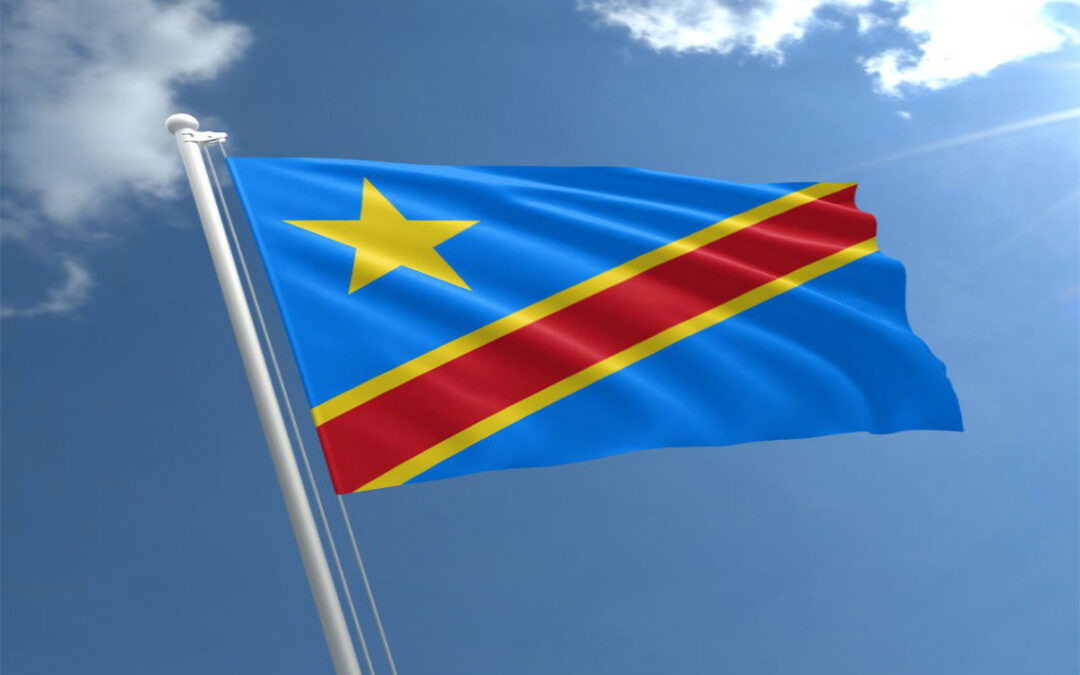
Sep 27, 2017 | News
The ICJ has welcomed the recent decision of the African Commission on Human and Peoples’ Rights (ACHPR) on a recent decision found the Democratic Republic of Congo (DRC) responsible for the massacre of 70 people in Kilwa in 2004.
In its decision, the Commission not only urges the DRC State to pay 2.5 million US dollars compensation to eight victims and their families but also urges the DRC to prosecute Anvil Mining’s personnel involved in the massacre.
The African Commission also acknowledged the involvement of mining company Anvil Mining, an Australian-Canadian company (later bought by the Chinese company MinMetals) operating a copper and silver mine in Dikulushi, located 50 kilometers from Kilwa, that would
have provided logistical support to soldiers who bombarded civilians.
This decision sheds light on the corporate legal responsibility for human rights abuses, particularly in the extractive
industry sector, and suggests legal avenues for action against Anvil for alleged abuses.
Universal-KilwaMassacre-News-2017-ENG (full pdf ENG)
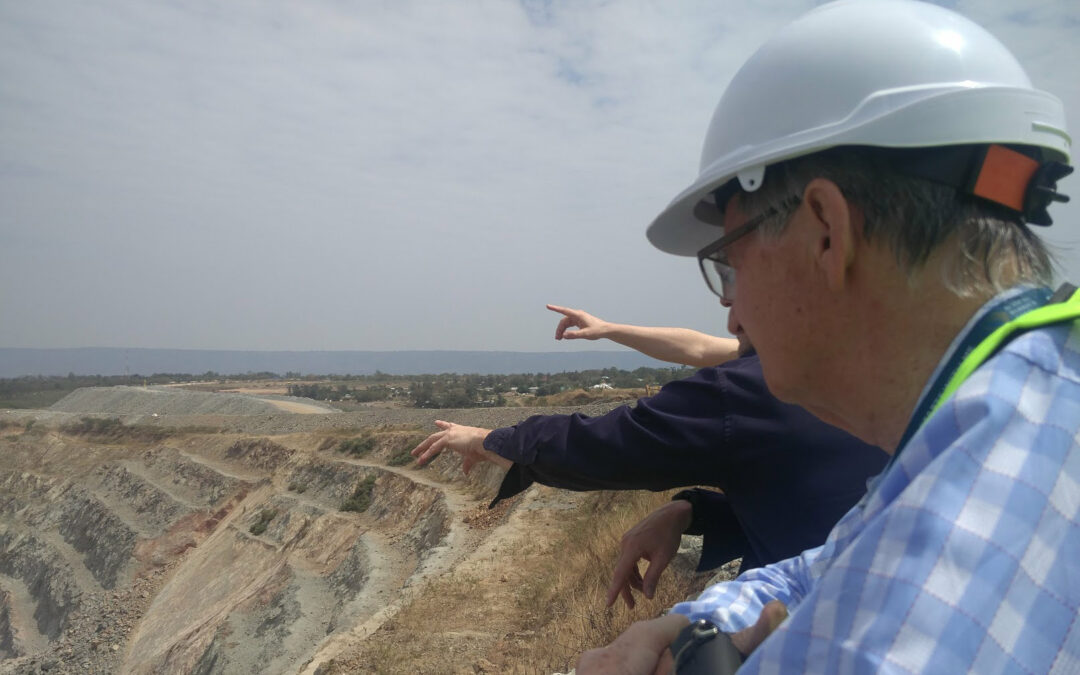
Sep 1, 2017 | Feature articles, News
Today, an ICJ delegation concluded a learning and assessment mission to the North Mara region and the North Mara Gold Mine Ltd, a subsidiary of Acacia Mining plc located in north-west Tanzania in the Tarime district of the Mara region.
The visit took place between 27 August and 1 September.
The objective of the ICJ Mission was to learn about the operation with a view to assessing the effectiveness of the North Mara Gold Mine’s operational grievance mechanism (OGM) in addressing complaints over alleged human rights concerns and abuses committed in connection with the mine’s operations.
The members of the ICJ delegation were: ICJ Commissioners Justice Ian Binnie and Alejandro Salinas, accompanied by Mr Carlos Lopez, ICJ Senior Legal Adviser, and Mrs Antonella Angelini, researcher.
Read the full story here: Tanzania-BHR mission North Mara-News-Features article-2017-ENG (in PDF)
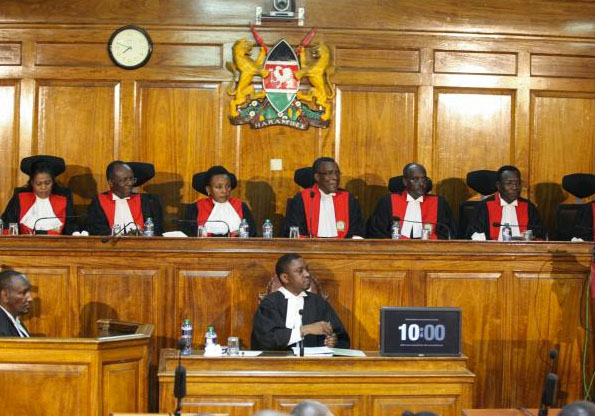
Sep 1, 2017 | News
Today the Supreme Court of Kenya took the unprecedented step of voiding the presidential elections held on 8 August 2017 citing the failure by the Independent Electoral and Boundaries Commission (IEBC) to adhere to constitutionally mandated processes.
The ICJ commends the Supreme Court of Kenya for adjudication of a sensitive case at a high professional standards amidst a charged political atmosphere.
The ICJ in partnership with the Africa Judges and Jurists Forum (AJJF) sent a mission of three distinguished judges to observe the proceedings during the presidential petition in Kenya.
The delegation consisted of Retired Chief Justice Earnest Sakala (Zambia), Justice Dingake (Botswana) and Justice Chinhengo (Zimbabwe).
The mission’s observations will be publicized in due course.
Kenya held national elections on 8 August 2017 administered by the IEBC.
The IEBC subsequently announced that Uhuru Kenyatta had won the elections with a 54% majority.
The opposition National Super Alliance Coalition led by Raila Odinga filed an election petition alleging serious irregularities in the tabulation and transmission of the results of the elections and asking the court to nullify the results and order fresh elections.
The Supreme Court heard the election petitition culminating in the decision that was handed down today.
According to the observers, the court conducted the hearing in a manner consistent with the rule of law and that adhered to the Kenyan Constitution and international principles of a fair trial.
The Court gave acted fully as a competent, independent and impartial judicial body.
“The decision taken by the Supreme Court today is precedent setting. It places a cost on the election management body for apparently failing to adhere to constitutional imperatives and the normative framework governing the conduct of elections,” said Arnold Tsunga, Africa Director of the ICJ.
“Elections are a high stakes subject in Kenya, as elsewhere in the world. Previous elections have shown that violence and multiple human rights violations increase during the election period. We therefore encourage the political leaders in Kenya to accept the court’s verdict and to encourage their supporters to exercise maximum restraint and tolerance as the country braces itself for fresh elections,” he added.
Finally the ICJ urges the authorities in Kenya and the IEBC to quickly comply with and implement the court’s judgement.
Contact
Arnold Tsunga, ICJ Director for Africa, t: +27716405926 ; e: arnold.tsunga@icj.org
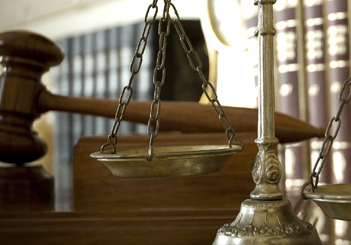
Jul 25, 2017 | News
The ICJ is concerned with the passing of Constitutional Amendment no. 1 of 2017 by the House of Assembly of Zimbabwe on 25 July 2017.
The House of Assembly voted with over two-thirds majority for the amendment of the Zimbabwean Constitution.
The amendment grants the President the right to appoint to office, the Judge President of the High Court, the Deputy Chief Justice and the Chief Justice of Zimbabwe.
Before this amendment the Judicial Services Commission (JSC) spearheaded the process of selection and appointment of judges with the President merely appointing from candidates recommended to him by the JSC.
The enactment of this Bill to law is likely to have a negative effect on the public’s perception of the judiciary. It also has the potential to affect the impartiality and the independence of the judiciary.
“The amendment to the 2013 Constitution will negatively affect public confidence in the judiciary. Not only is this a departure from a position that was in line with international standards and best practices; the amendment is likely to have a ripple effect on the judiciary,” said Arnold Tsunga, the ICJ Africa Director.
“In the short term the executive now has a carrot, which it can dangle in front of judicial officers. If a judge wants to be promoted to Judge President, Deputy Chief Justice or Chief they may have to align themselves with the thinking of the executive. Over time, given the central roles that these three office bearers play in the appointment process and thought leadership, Zimbabwe is likely to have a very executive minded bench,” he added.
To this end the ICJ calls upon the government of Zimbabwe to reconsider its decision to amend the Constitution in the manner proposed in the bill.
The procedure in section 180 of the constitution had distinguished Zimbabwe’s appointment procedures as exemplary in the region.
It is unfortunate that through this amendment the country has failed to consolidate this leadership position.
The amendment would be regressive and poses a real risk of undermining the essential role of the judiciary in securing the rule of law in Zimbabwe.
Zimbabwe-Constitutional Amendment-News-web stories-2017-ENG (full statement, in PDF)
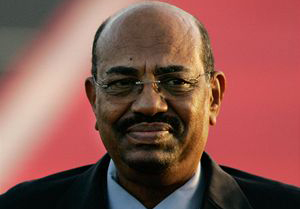
Jul 6, 2017 | News
The ICJ welcomed today’s judgment by the International Criminal Court (ICC) that South Africa had violated its legal obligations by failing to arrest Sudanese President Omar al-Bashir during his visit to the country in June 2015.
The ICC said the South Africa should have surrendered him to the ICC for prosecution.
President al-Bashir (photo) had been indicted by the ICC for genocide, crimes against humanity and war crimes in connection with attacks against civilians in the Darfur region of the country.
“The judgment is a victory for international justice. It is an extremely important step toward tackling impunity in Sudan and worldwide,” said Arnold Tsunga, the ICJ Africa Regional Director.
The court said unequivocally that South Africa had a duty to arrest and surrender president Bashir to the ICC for prosecution.
It said that South Africa had a duty to recognize that head of state immunity did not apply to al Bahsir under the terms of the Rome Statute, and that leaving the question of immunity to South Africa’s voluntary discretion would have created “an insurmountable obstacle for the court to exercise its jurisdiction.”
The Court also said that Sudan itself had an obligation to remove and immunities for al-Bashir in respect to matters for which he was under indictment.
“The ICJ calls upon the Governments of South Africa and Sudan to respect the judgment of the Court, and urges all States to cooperate with the Court to bring President al-Bashir, and others indicted to justice,” Tsunga added.
The ICC also called on the UN Security and the Assembly of States Parties of the ICC to take appropriate measures to address the non-compliance by South Africa and Sudan.
Background
South Africa has been a party to the Rome Statute of the International Criminal Court since 27 November 2000.
States parties to the Rome Statute are obliged to cooperate with ICC, including by arresting and surrendering persons under indictment by the ICC who may be on their territory.
South Africa took measures to cooperate with the ICC by enacting the Implementation of the Rome Statute of the International Criminal Court Act, 2002.
Accordingly, South Africa had a duty to arrest President al-Bashir when he visited South Africa in 2015
President al-Bashir stands accused of serious crimes, with two warrants of arrest issued by the pre-trial chamber of the ICC.
They all are for war crimes, crimes against humanity and genocide, related to events in the Darfur region of Sudan.
Among the acts are widespread murder, rape and torture.
Read also:
South Africa appears before ICC for failure to arrest Sudanese President Bashir – The ICJ observes the hearing
Contact
Arnold Tsunga, ICJ Director for Africa, t +27716405926 ;
Thulani Maseko, ICJ Legal consultant, t: +268 7602 5165
Ian Seiderman, ICJ Legal & Policy Director, t: +41 22 979 3837
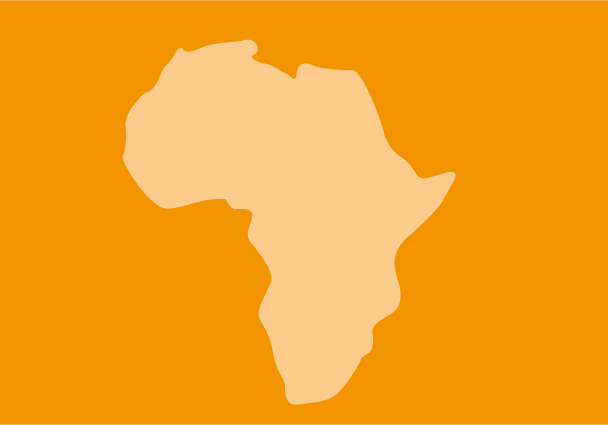
May 6, 2017 | News
The programme, launched today in Niamey, Niger, aims to enhance the capacity of civil society organizations to use AU mechanisms for human rights protection and promotion.
The three-year Africa-wide project on Consolidating Civil Society’s Role in the Transition from African Human Rights Standards to Practice is run by the ICJ, together with the African Centre for Democracy and Human Rights Studies (ACDHRS), the Norwegian Refugee Council (NRC) and the ICJ-Kenya Section.
The programme increases awareness of people in Africa about the AU human rights mechanisms for human rights implementation and compliance. It is directed at both national and community levels.
A further objective of the project is to strengthen national and regional responses to displaced persons and other groups at risk, including women and children.
The project will also provide an opportunity to human rights defenders, CSOs and journalists, who ordinarily have no means to access and attend the African Commission on Human and Peoples’ Rights, to do so in order to increase their involvement in the AU human rights system and will provide advocacy and litigation support to them.
Arnold Tsunga, Director of the ICJ Africa Regional Programme, noted that the African Union (AU) has developed an impressive body human rights law and standards.
He observed, however, that “one of the missing links is that of implementation and that unless human rights are effectively implemented, they may just remain standards on paper.”
The launch took place in the plenary of the NGO Forum preceding the 60th Ordinary Session of the African Commission on Human and Peoples’ Rights (ACHPR).
Participants in the Forum strongly welcomed the opportunities that the project will create and many indicated that they would take advantage of the opportunity to broaden participation in the African human rights mechanisms.
The programme is supported by the European Union, which was represented at the launch by Mr. Basile Sallustio, Attaché to the Délégation in Niger.










